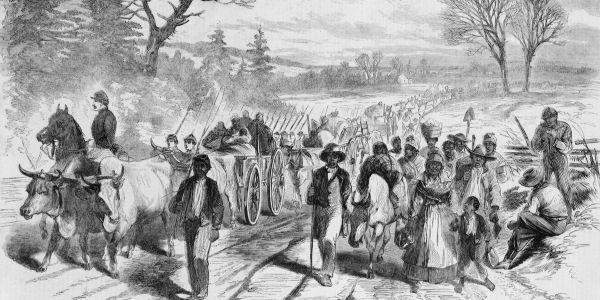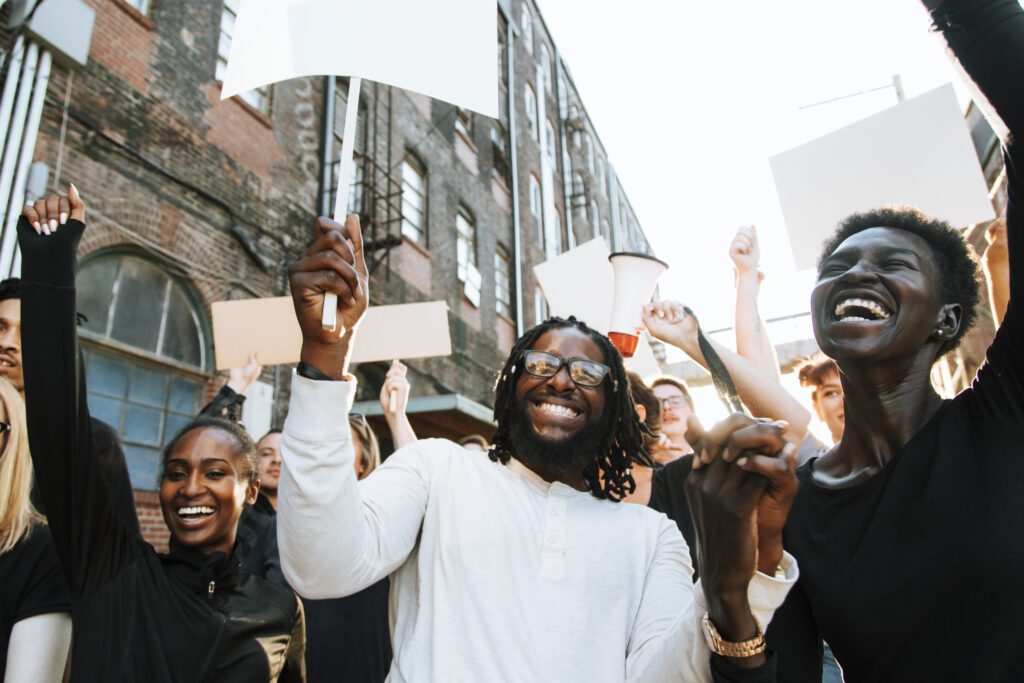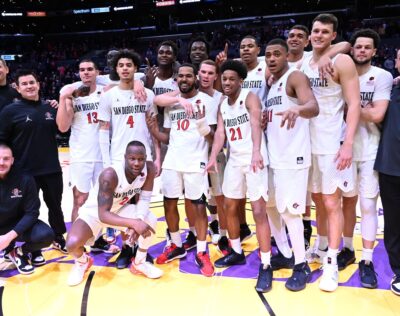Juneteenth, also known as Freedom Day or Emancipation Day, is an important commemoration of the emancipation of enslaved African Americans in the United States. On June 19, 1865, Union General Gordon Granger arrived in Galveston, Texas, to proclaim the end of slavery, two and a half years after the Emancipation Proclamation was issued. This day marks a significant milestone in American history and serves as a reminder of the ongoing struggle for racial equality. In this blog, we will explore the significance of Juneteenth and how it is celebrated across the country.

Historical Background: To fully grasp the importance of Juneteenth, we must understand the historical context surrounding this momentous day. Slavery persisted in Texas even after the Emancipation Proclamation took effect on January 1, 1863. General Granger’s arrival in Galveston on June 19, 1865, marked the arrival of federal troops and the enforcement of the proclamation, finally granting freedom to the enslaved people in Texas.

Significance and Celebrations: Juneteenth holds immense cultural significance, embodying the hope and resilience of African Americans throughout history. It serves as a day of reflection, education, and celebration of freedom and African American achievements.
- Commemorative Events: Across the United States, communities organize various events and activities to honor Juneteenth. Parades, historical reenactments, music festivals, and cultural performances take place, fostering unity and pride among participants.

- Artistic Expressions: Art plays a vital role in commemorating Juneteenth. Many artists create works that reflect the struggles, triumphs, and resilience of African Americans. Paintings, sculptures, and other artistic mediums help to capture the essence of this important historical event.

- Family Gatherings and Cookouts: Juneteenth often brings families and communities together for shared meals and outdoor celebrations. Cookouts featuring traditional African American cuisine, such as barbecued ribs, collard greens, cornbread, and red velvet cake, are enjoyed as a way to celebrate freedom and unity.

Education and Reflection: Juneteenth also serves as an opportunity for education and reflection, encouraging individuals to delve deeper into African American history and the ongoing struggle for racial equality. Many organizations, museums, and institutions hold exhibitions, lectures, and panel discussions to raise awareness and promote understanding.

Conclusion: Juneteenth is a powerful commemoration that honors the emancipation of enslaved African Americans and highlights the ongoing pursuit of equality and justice. By celebrating this historic day and embracing its cultural significance, we can work together to promote inclusivity, understanding, and respect for all.






Comments